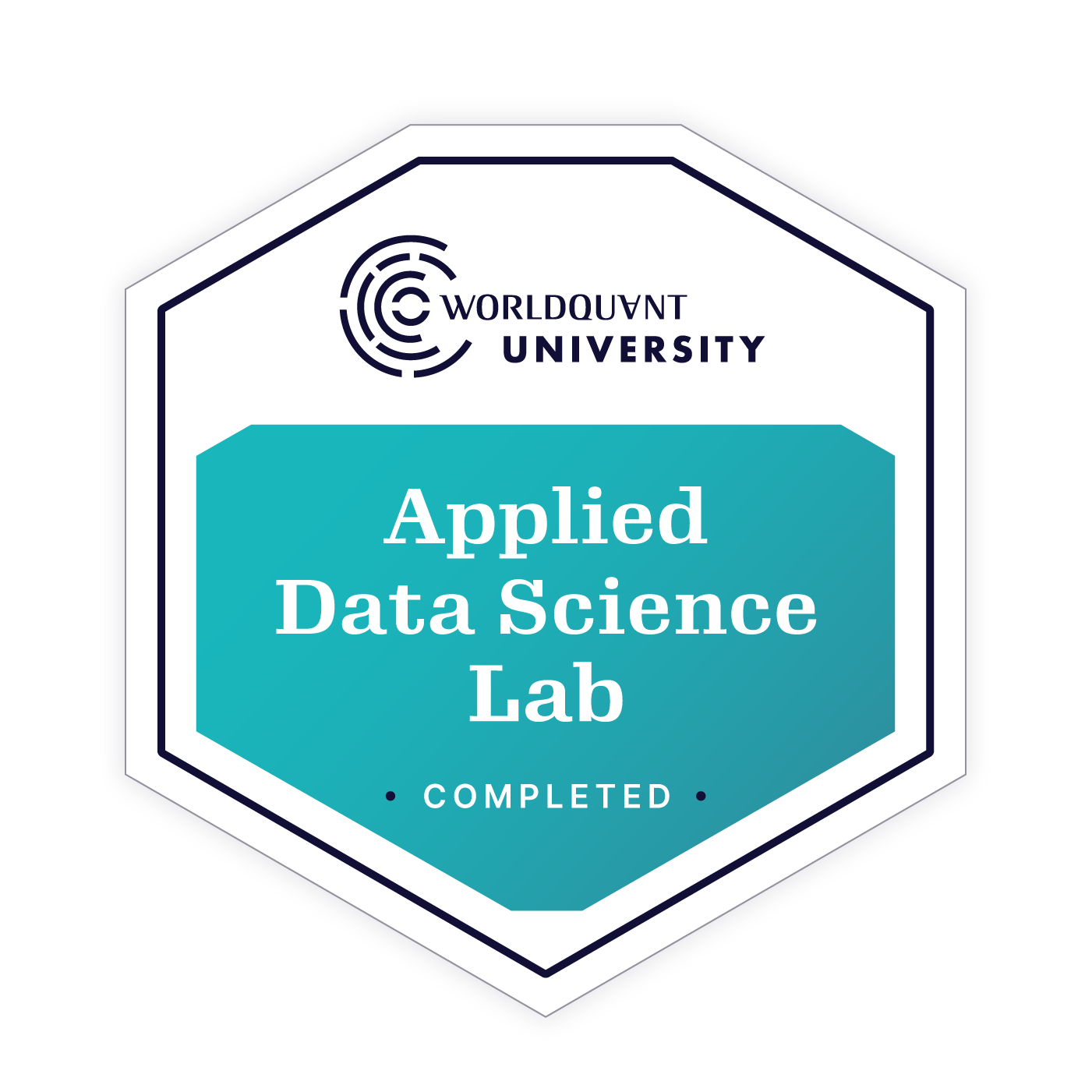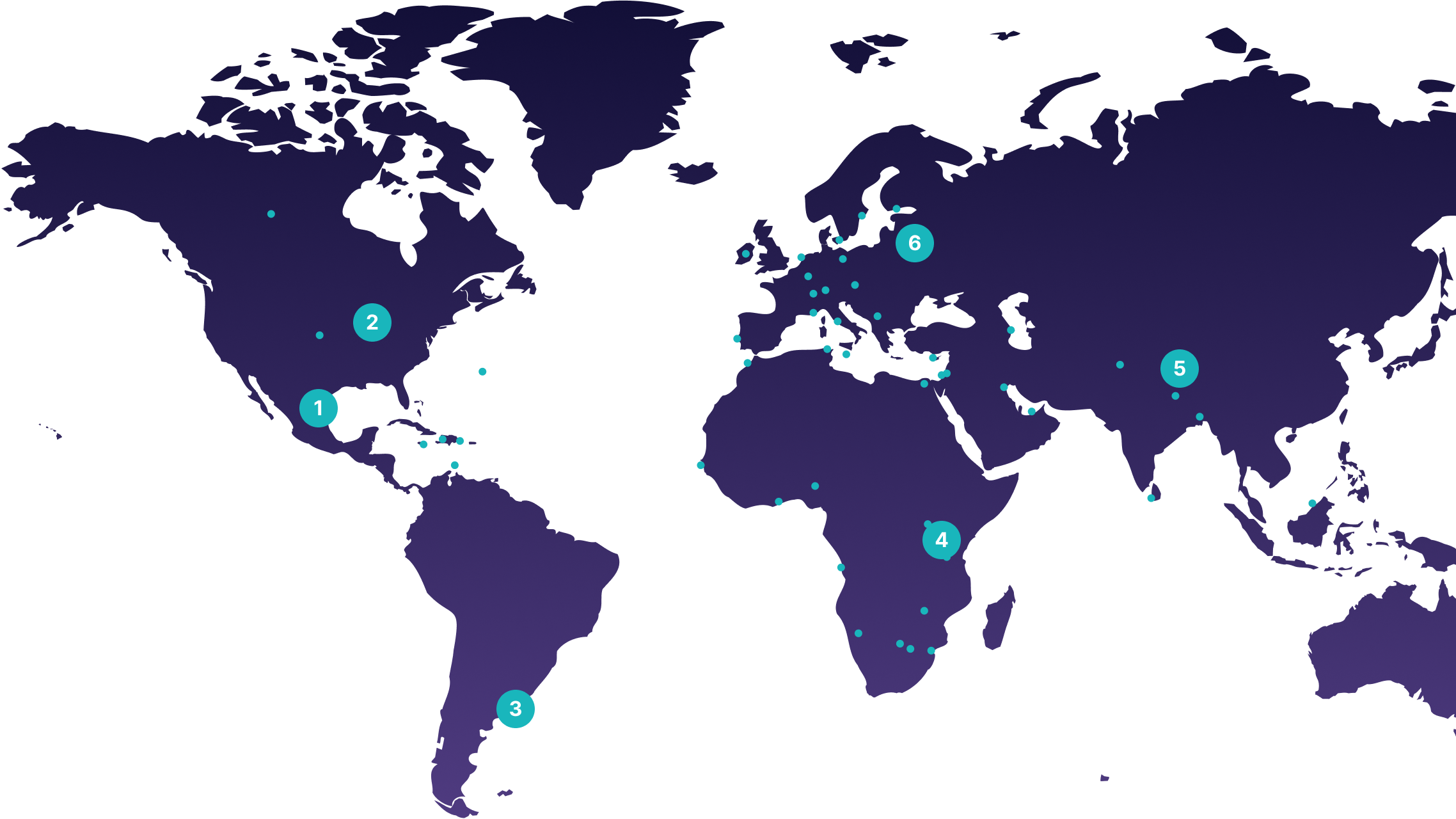

Learn the fundamentals of data science, entirely free.
By completing a series of end-to-end data science projects, students build the wrangling, analysis, model-building, and communication skills to prepare for success in data-centric careers. They use their skills to build models that predict everything from real estate prices to customer retention, create interactive dashboards that run statistical experiments, and build APIs to incorporate their insights into web applications.
Data science is becoming a cornerstone of modern business. Practitioners use analytical tools and techniques to extract meaningful insights from data that drive critical business decisions. Data scientists are in demand across industries, and the number of positions is projected to grow by 35% through 2030.
“WQU helped me massively in my ML/AI journey. It gave me all the fundamental knowledge I needed in my career.
From WQU, I had more confidence in taking on ML projects. It was a lot easier to continue studying myself as well, and I also got a few decent roles due to the knowledge I gained here.”
Applied Data Science Lab Graduate, Nigeria
2023
Applied Data Science Lab
|
Next Deadline |
Rolling Admissions |
|---|---|
|
Lab Start Date |
Upon Acceptance |
|
Cost |
Entirely Free |
|
Length |
16 weeks (recommended) |
|
Applicant Requirements |
|
|
Commitment |
10-15 hours per week |
|
Credentials Awarded |
|

Upon successful completion of the Applied Data Science Lab, students receive both a digital certificate and a sharable, verified credential.
What You Will Learn
In this dynamic learning environment, students get real-time feedback and opportunities to collaborate with their peers and participate in live office hours with their instructor. After successfully completing the Lab, students earn an easily shareable WQU badge issued by Credly.

Explore the Mexican real estate market to determine whether location or home size is more important in determining price

Build a model for customer segmentation in the US

Predict apartment prices in Buenos Aires, Argentina

Build models to predict air quality in Nairobi, Kenya

Assess building damage following the 2018 earthquake in Nepal

Build a model to predict bankruptcy in Poland

Lab Outcomes

Database Management
Extract data from SQL and NoSQL databases

Regression & Classification Modeling
Build predictive models for regression and classification

Ethics in Machine Learning
Discuss the ethical implications of deploying models in the real world and the environmental impact of machine learning models

Data Cleaning and Preprocessing
Clean authentic, messy datasets

Data Visualization
Create compelling visualizations to explain data characteristics and model performance

Business Insight & Intelligence
Learn how to apply machine learning to business problems
